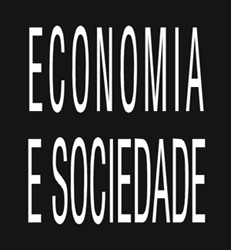This work presents an overview of the sugarcane sector, whose objective was to better understand the interactions of firms with universities and/or technical consulting organizations that have promoted some innovation in the sector. Additionally, it was tested the hypothesis, through the case study, that the segment above preserved traces of its history that left the impression of a sector less innovative and dependent on government protection. The paper, based on a case study, has shown that companies have a R&D continuum in the agricultural area, although sugar mills and small producers relegate efforts in R&D, transferring this role to institutions such as RIDESA and CETENE. The focus of local mills is on the foreign market of sugar since they have a comparative advantage in logistics and also a big competition from other Brazilian producers. The exports of sugar have been made in bulk, implying that producers have passed on an important part of adding value to the product, leaving the procedures related to the importers and, by consequence, losing opportunities to innovate with differentiated products. The supply of labor seems likely to lead to future scarcity, causing the mills to move toward mechanization of part of the production. The foreign capital seems uninterested in the sector, considering a smaller automation of cane harvesting in the state, hence the technological dynamics does not suffer major changes that could result from the arrival of these companies, in principle, more keen on investments in R&D and stronger interaction with research institutions.
Innovation; Northeast/Pernambuco; Sugar and alcohol

 Thumbnail
Thumbnail
